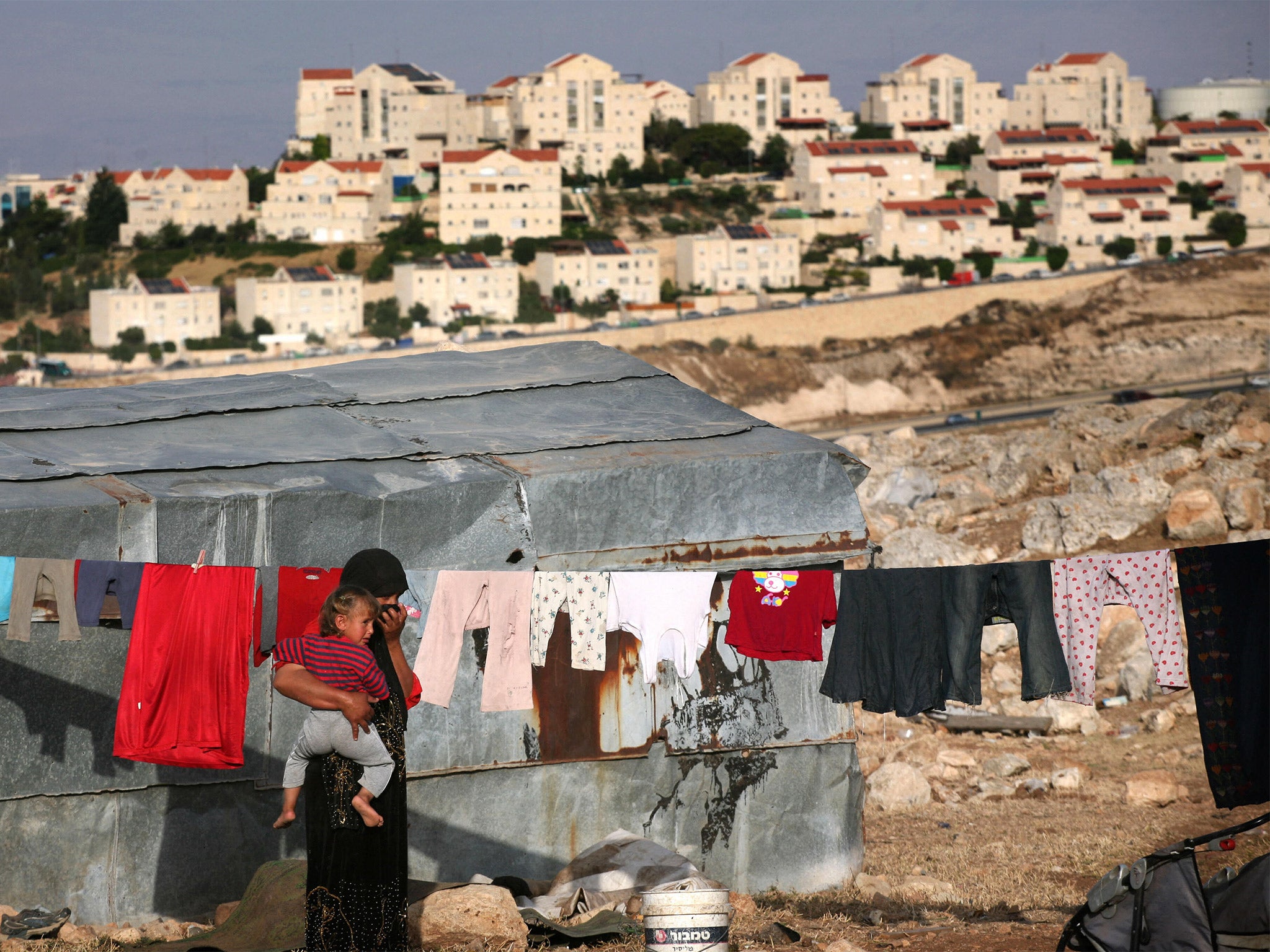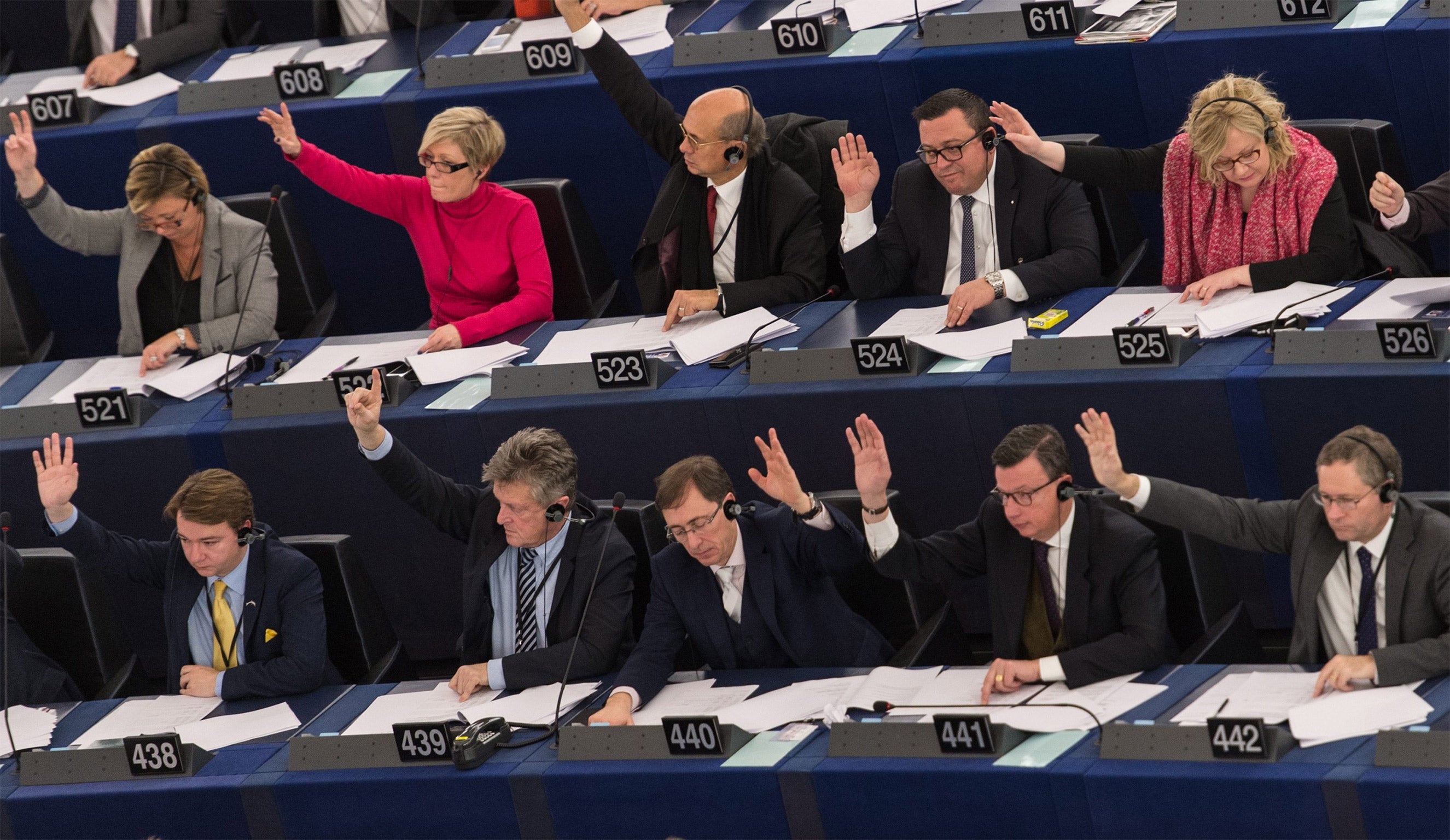Diplomats water down proposals on ending Israel's West Bank occupation in attempt to avoid US veto at UN
The amended Palestinian plan has wide European support

Palestinian and Arab diplomats are in last-minute talks on how to achieve the seemingly impossible: finalising a UN Security Council resolution with a timetable for ending Israeli occupation in the West Bank, while avoiding an American veto.
The stakes are high for President Mahmoud Abbas, who has spent his political capital on the diplomatic push. But it seemed today that if the Palestinians were to have any chance of avoiding the US veto, they would have to make a huge climbdown by dropping the essence of their resolution: its call for a two-year deadline to end the 47-year-old occupation.
Riyadh Mansour, the Palestinian UN representative, told the Voice of Palestine radio station that Arab ambassadors would hold an urgent meeting to discuss amendments to the original Palestinian resolution that sets this two-year deadline for establishing a Palestinian state. The amendments are based on a French proposal, drafted with British and German participation, which calls for renewed peace talks between Israelis and Palestinians and sets a two-year timetable for their completion rather than for ending occupation.

“The amended resolution is a response to the French proposal,” Mr Mansour said, adding that it “sets a 12-month time frame for negotiations under an international umbrella to be followed by a limited two-year period to end the occupation”.
He stressed that under the amended resolution the negotiations would be held within the framework of an international conference rather than the US-brokered bilateral talks that broke up in acrimony in April.
Palestinian leaders say they will respond to a US veto or to failure to gain majority support in the council by joining the International Criminal Court, where they could try to pursue war crimes prosecutions against Israeli political and military leaders. Israel has said it will hit back hard, perhaps going beyond the suspension of transfers of tax revenues it collects that are vital for the viability of the Palestinian Authority.
Meanwhile, the European Union has dealt a double blow to Israel, with Hamas removed from a list of terrorist organisations and the European Parliament voting to recognise the state of Palestine. The EU added Palestinian militant group Hamas to its list of designated terror organisations in 2001 after pressure from the US and Israel, but the General Court of the European Union today ruled that the decision had been based on media reports rather than factual analysis.
While the court has said any economic sanctions against Hamas can remain in place for three months to give the EU the opportunity to appeal its decision, there was strong reaction from Israel.
“[It] seems that too many in Europe, on whose soil six million Jews were slaughtered, have learned nothing,” said Prime Minister Benjamin Netanyahu, who called Hamas “a murderous terrorist organisation.
“We expect them to immediately put Hamas back on the list,” he added.

Uri Avnery, a dovish former member of the Knesset who backed the European Parliament’s recognition decision and the endorsement by parliament in October of Palestinian statehood, took issue with Mr Netanyahu’s remarks. “It is ridiculous and scandalous to bring up the Holocaust in this context. It is misusing the Holocaust. Netanyahu is losing public confidence, has nothing to offer and is reproducing discredited slogans. These are statements of despair.”
Hamas welcomed the move. Its deputy, Moussa Abu Marzouk, told Reuters that the decision was “a correction of a historical mistake”.
A British Government spokesman stressed that the court decision was procedural and did not reflect a change in the political stance of the European Union or its member states, while EU foreign affairs spokeswoman, Maja Kocijanic, said they were considering “appropriate remedial action”.
While the European Parliament overwhelmingly vote in favour of supporting the principle of a Palestinian state, it follows similar decisions by parliaments in Ireland, France, Britain and Spain, and reflects frustration at the lack of progress in the peace talks.
“European recognition of Palestinian statehood is neither an alternative to a two-state solution nor for peace talks to achieve it, but could be a vital injection of impetus towards both,” said Labour MEP Richard Howitt.
The resolution passed with 498 in favour and 88 against, although the text was a watered-down compromise which did not call on member states to immediately recognise Palestine.